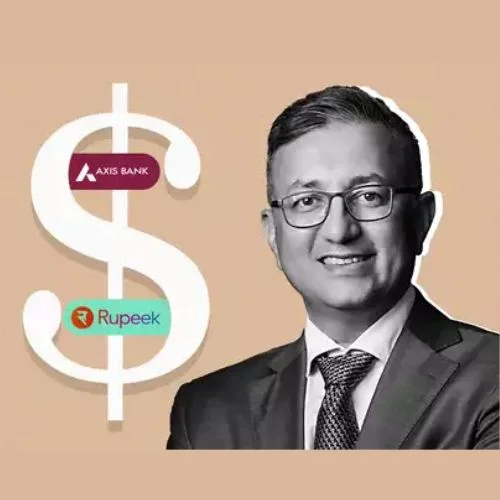Uday Kotak offers seven suggestions for reaching a $30 trillion GDP by 2047.
Uday Kotak, a veteran Indian banker, has presented seven ideas for how India might attain a $30 trillion GDP by 2047, the year India will commemorate 100 years of independence.
The Kotak Mahindra Bank‘s Founder and Director highlighted some of the critical reforms that led in the emergence of ‘investors’ in the country.
“In the early 1980s, the Indian saver had low confidence in financial assets versus gold and land,” he explained. The saver gradually shifted some funds to bank accounts, UTI, and LIC. Investing in shares was deemed “speculative” even in the 1990s. As a result, enterprises seeking funding turned to foreign institutional investors (FII). Companies raised funds on the lesser-known Luxembourg Stock Exchange. The capital market in India was being exported.”
Things began to change, however, in the early 2000s. “Mutual fund platforms, cash equities and derivatives markets, insurance funds, global private equity in India, other platforms like AIFs, and the lower tax regime for equity,” according to Uday Kotak, have turned a saver into an investor.
The ace banker, on the other hand, gave seven ideas for long-term growth. These are some examples:
-Prevent bubbles via legislation, regulation, education, and the availability of high-quality paper. Companies should issue equity for productive usage at a reduced cost of capital.
-India must avoid tax arbitrage in debt; otherwise, it would be a one-legged race until debt markets emerge.
-Dividend taxation should be reconsidered.
-Low-cost leverage via derivatives has the potential to disrupt financial markets. As a result, it requires attention.
-As savers become investors, the banking sector confronts issues in terms of deposits and funding costs. The huge business sector must shift significantly away from banks and toward capital markets (debt and equity). Banks will transition from storage to distribution of corporate debt. They will have to reach out to mid-sized corporations, MSMEs, and consumers.
-Avoid imposing a retroactive tax and regulatory structure.
-Two areas that require immediate attention for India’s ambition are acquisition finance and simplification of the IBC/NCLT procedure.
Nirmala Sitharaman, Finance Minister, replied to Uday Kotak’s tweet. “Your experience in the financial sector is well recognized,” Sitharaman said, thanking the banker.
Former Railways Minister Suresh Prabhu described Uday Kotak’s idea as “insightful and thoughtful.” Kotak, according to the minister, “is not just an ideas man, but also an implementer par excellence.”
The RBI has approved C S Rajan’s nomination as chairman of Kotak Mahindra Bank.
Uday Kotak resigned as managing director and CEO of Kotak Mahindra Bank earlier this year. The Reserve Bank of India endorsed the selection of CS Rajan as the bank’s new chairman yesterday.















